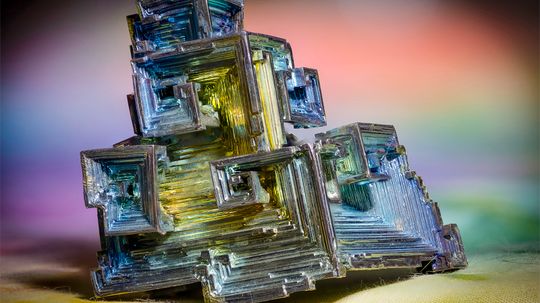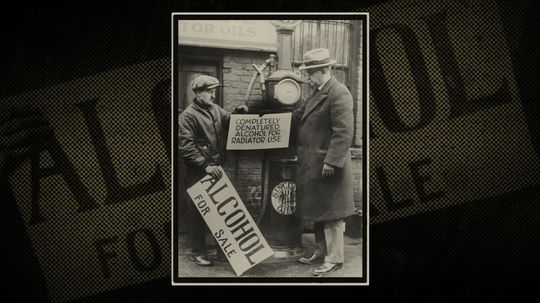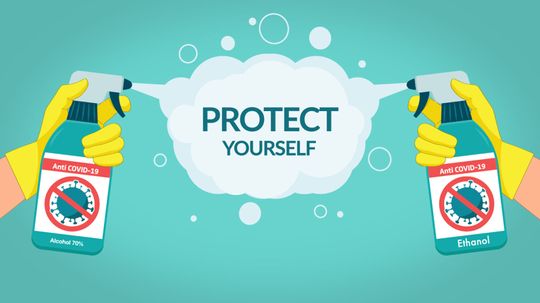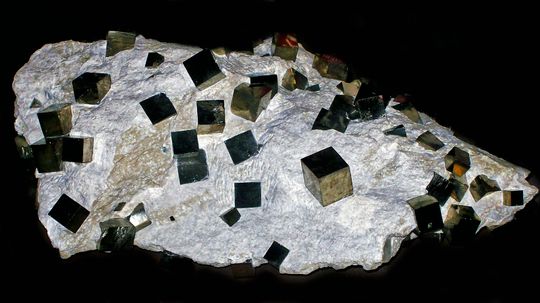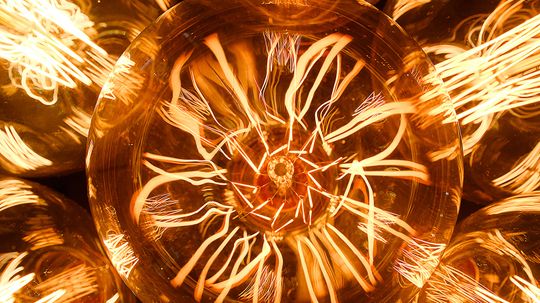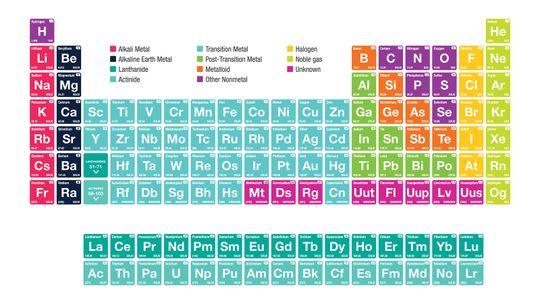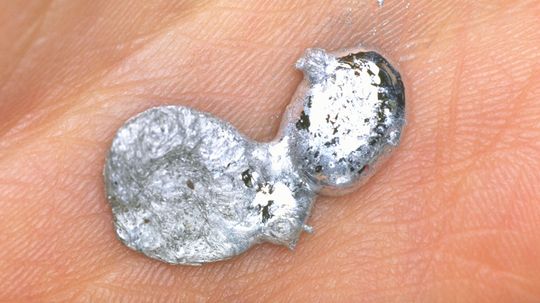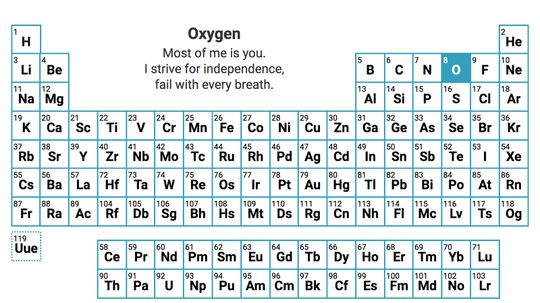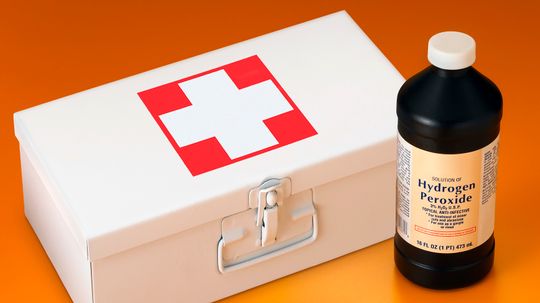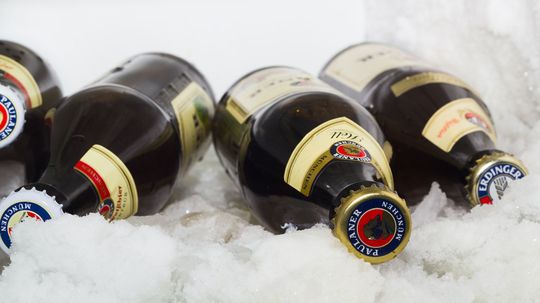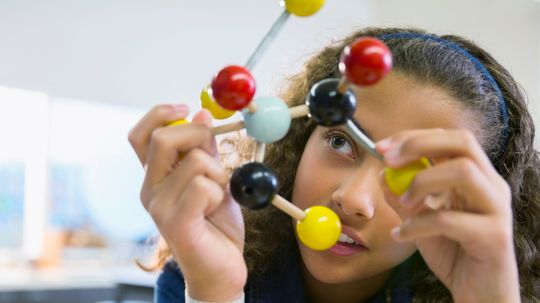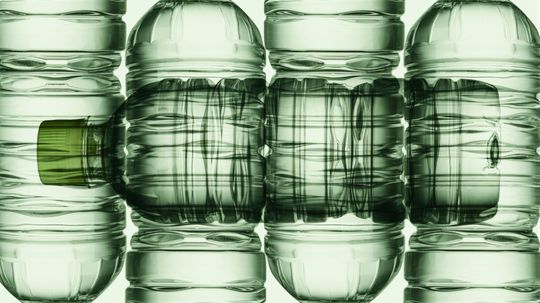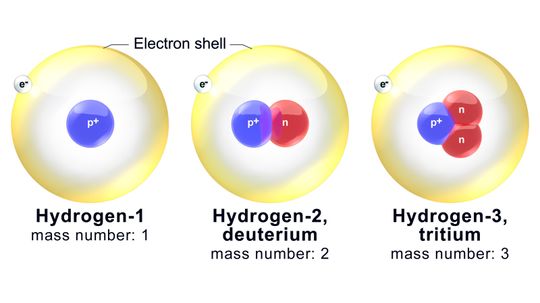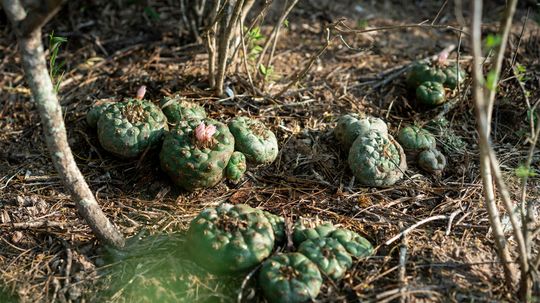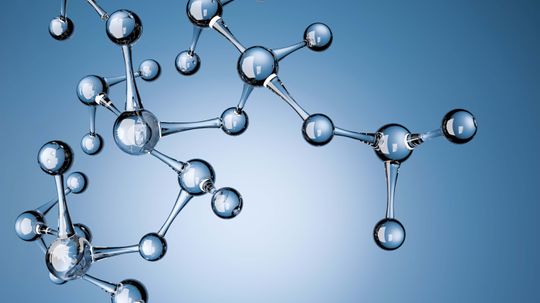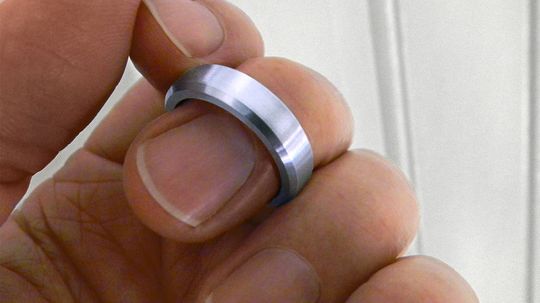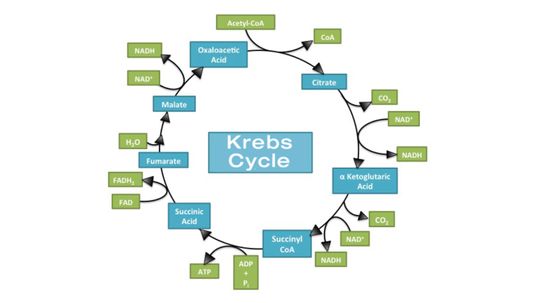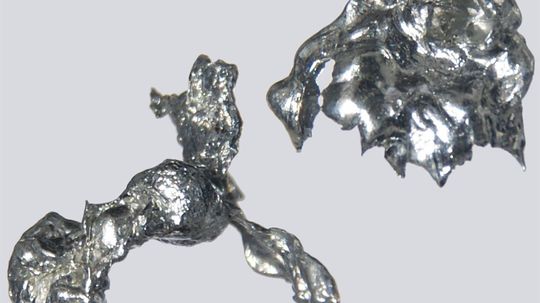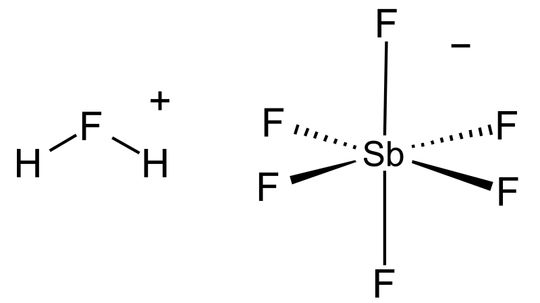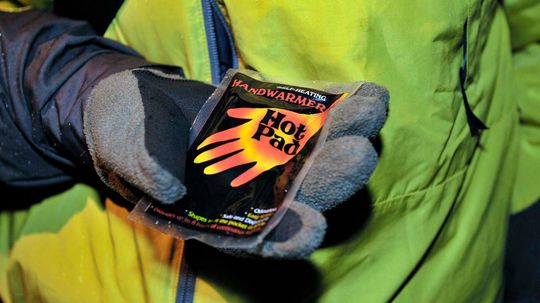Chemistry
Chemistry is the science of matter and the changes it undergoes during chemical reactions. In this section, learn about everyday chemistry, from chlorine beach to helium, and even why chocolate turns gray.
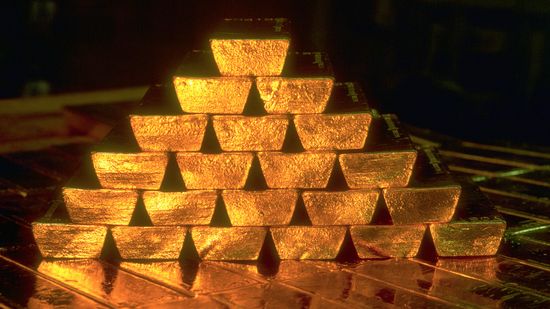
The Most Expensive Metal in the World Isn't Gold or Platinum
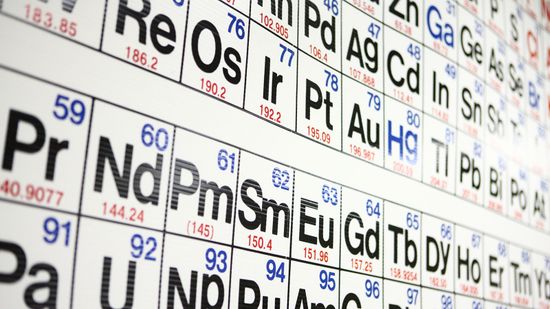
It's Elementary: The Periodic Table Quiz
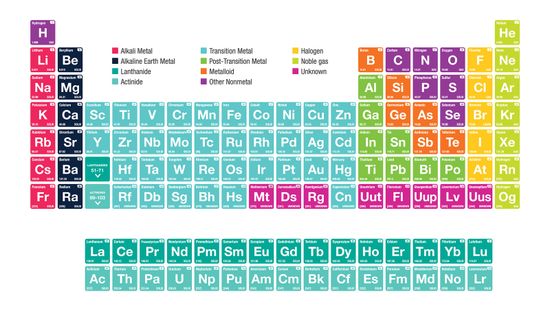
Alkali Metals: Elements in the First Column of the Periodic Table

7 Types of Alcohol for Drinking, Cleaning and More

Understanding the Empirical Formula in Chemistry
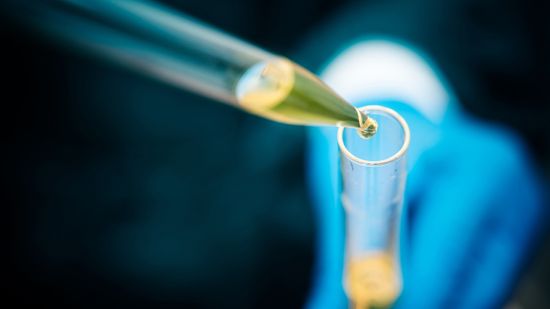
Strong Bases: Properties, Applications and Examples
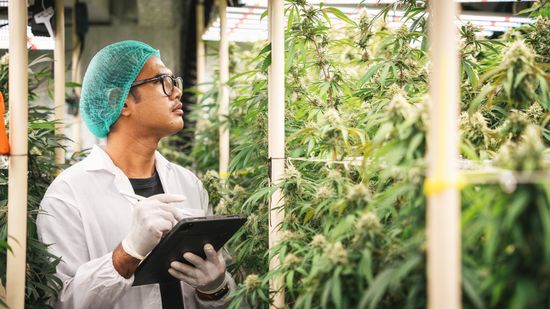
Delta-8 vs. Delta-9: Comparing Types of THC

What Color Is the Hottest Flame?

Why Do Bubbles Pop?
Learn More / Page 3
Bismuth is a naturally occurring element with many applications in our daily lives, but even more than that, it looks amazing when it cools!
Denatured alcohol is useful for lots of things, but drinking definitely isn't one of them.
Diatomic elements are molecules composed of only two atoms, every time, always. There are only seven of them on the entire periodic table.
Advertisement
Electrons are attracted to some atoms more than others. If two atoms are of equal strength, the electrons will be equally shared. If one atom is stronger, the electrons will be pulled in that atom's direction.
The two different types of alcohol are commonly used in hand sanitizer today. But does one work better than the other?
Don't know your fool's gold from the real deal? We'll tell you how to tell what's pyrite (aka fool's gold) and the good ol' 24 karat stuff you want.
By Mark Mancini
Tungsten's hardness and heat resistance make it a must for products like rocket engine nozzles, armor-piercing bullets and even the humble light bulb filament. In fact, pure tungsten boils at 10,030 F, the same as the photosphere of the sun.
By Dave Roos
Advertisement
Although the term might be unfamiliar, you know all about alkali metals. Ever used salt or eaten a banana? So, what special properties do these elements have?
More than fodder for melt-in-your-hand YouTube videos, gallium is a key component in LED lights and the powerful microchips in your smartphone.
By Dave Roos
Why do most of us start relaxing as soon as we smell lavender or vanilla? Is it the memories they conjure up or is there a chemical reason?
By Dave Roos
Award-winning poet and fiction writer Mary Soon Lee has found a charming way to combine science and poetry in a refreshing new take on the periodic table of elements.
By Carrie Tatro
Advertisement
You probably have a bottle of the stuff at your house. Have you ever seen it come in any color bottle besides brown?
If you've ever had a half-frozen beer explode on you, you know that yes, alcohol freezes - but not all types freeze at the same rate. We'll let you in on the secrets to frozen alcoholic delights.
These small molecules are the foundation for much bigger things, from ordinary household products around us to essential components within our bodies.
Advertisement
Polymers are the basic components in so many of the products we use each day.
At the same time scientists discovered that nitrous oxide could numb agonizing pain, they also found it could make you really lightheaded and silly. Yes, huffing parties started in the 1700s.
By Dave Roos
You don't need to be a fan of chemistry to appreciate isotopes. They affect geology and medicine, too.
By Mark Mancini
Long-banned in the U.S., except for religious purposes, peyote is starting to be decriminalized in some cities. But is that a good thing for this endangered plant?
Advertisement
Making chemical compounds is a lot like dating. Some ions are naturally compatible; others hook up out of desperation.
Discovered in the early 1800s from a chunk of smuggled platinum ore, rhodium is the most valuable precious metal on the planet today, used mainly for keeping car emissions in check.
The main function of the Krebs cycle is to produce energy, stored and transported as ATP or GTP, to keep the human body up and running.
Cadmium is a natural metal and the leading component in rechargeable batteries and solar cells. It is also highly toxic and heavily regulated.
Advertisement
Superacids are those with an acidity greater than sulfuric acid. So which is the most super of superacids and what exactly is it used for?
Hand warmers work through simple chemistry. A massively sped-up version of oxidation (the chemical reaction that makes rust) is to thank.
